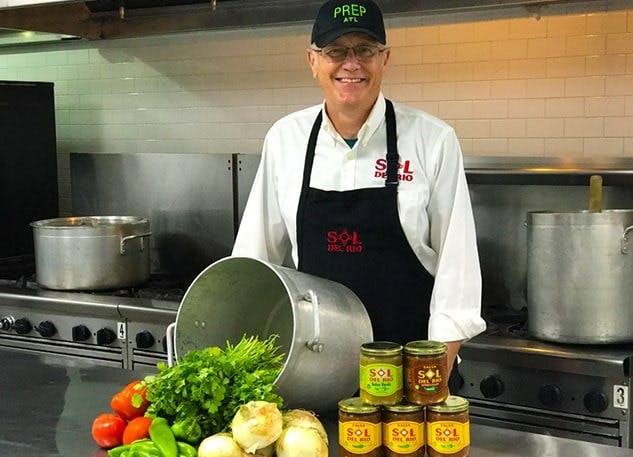Shared kitchens play an important role in food business across the world.
Shared kitchens are licensed retail spaces. You can also look for the best shared kitchenette in Austin for your food business.

It provides avenues for food business owners – from caterers, chefs, food truck operators, and bakers to value-added and packaged beverage and food producers – to start and grow their services.
By renting space in a shared kitchen on a daily, hourly, or monthly basis, companies can produce food according to legal requirements without investing in their own facilities during a phase where capital and cash flow are a challenge.
By providing accessible space for producers, entrepreneurs, and food access programs, shared kitchens can assist strengthen local food providers and increase the success of residents.
Therefore, shared kitchens are seen as a means to achieve a variety of community impact objects, from job production to workforce practice, access to healthy food to nutrition training, agricultural survival, localization of the food economy, and environmental revitalization to tourism.
The shared kitchen has become an important tool in overcoming the obstacles faced by entrepreneurs with limited resources in entering the food industry.
Shared kitchen models are emerging and developing across the country. The development of shared kitchens is driven by changing tastes and a growing market for healthy, local, fresh, and sustainable specialty foods that are driving the rise of the food business.